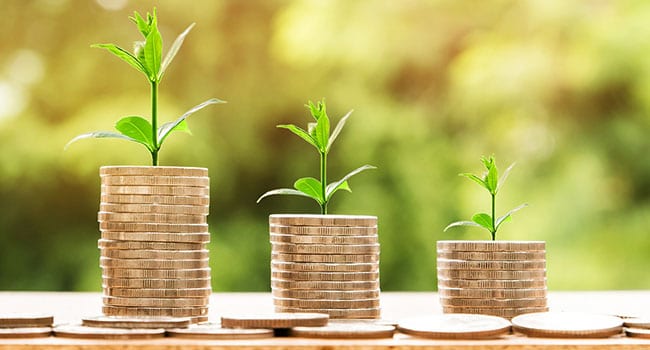 The actions of the Donald Trump presidency and the many global populist governments that follow suit (Brazil, the Philippines, and arguably Saudi Arabia and even Australia) reveal a line of thought about the climate crisis: it doesn’t really exist.
The actions of the Donald Trump presidency and the many global populist governments that follow suit (Brazil, the Philippines, and arguably Saudi Arabia and even Australia) reveal a line of thought about the climate crisis: it doesn’t really exist.
Climate change is basically viewed as an externality determined by God, nature or whimsy. When it’s spoken about, it’s in terms of largely natural events, like volcanic eruptions, seasonal bad weather and normally occurring forest fires.
The public is cautioned to discount science to the contrary and get on with business. Especially the business of producing, selling and combusting hydrocarbons.
If there’s an intellectual underpinning to this policy of avoidance, it’s simply untrammelled capitalism. As if the invisible hand of the market is looking after us all. Let’s make America great again by making money and, in the process, some invisible, possibly evangelical forces will look after us.
Piles of money are the greatest good. So get on with making them for yourself. As if by magic, all other problems will be addressed as you focus on the money. Just get on with it.
It’s easy to write about this folly, even be sardonic – until you think about what it may mask.
Responsible investment in a time of climate crisis by Mike Robinson
I was jarred in this direction recently when a friend with strong environmental sensibilities suggested the best thing you can do for your children is to concentrate on leaving them as much money as possible when you die. His argument is that money will speak loudest when the global temperatures soar past the 1.5° to 2°C target of the 2016 Paris Agreement on climate change.
Presumably the wealthy will have the best chance to, albeit temporarily, escape the climate armageddon. They can move to ‘lifeboat countries’ (Canada, Norway and Russia are touted), create air-conditioned architectural environments, stockpile food and medicines, and even hire militias to keep the hordes at the gates.
Plainly, those without the means to escape the middle latitudes, the islands of fire and the looming crop failures, won’t gain entry to the lifeboats. So who will?
Let’s consider some statistics.
Over 60 per cent of Forbes Magazine’s 400 richest Americans grew up in substantial privilege. Author Thomas Piketty estimates that roughly 60 per cent of America’s wealth is inherited, which means the majority of the wealthy didn’t have to sweat for their equity.
Nearly six per cent of Americans have at least $1 million in savings. The bottom 90 per cent of American families hold less than 25 per cent of all wealth; the top one per cent hold about 40 per cent. The bottom quarter of families have less than $10,000 in wealth.
Generalizing from the American example, the climate escape lifeboats will be filled with the privileged, the majority of whom inherited their wealth. The rest of the passengers on this Titanic will be those who could at best afford to travel steerage class. Their utility in the capitalist model is at best assisting with the lowering of the lifeboats.
So the Trump model of dealing with the climate crisis (detach, ignore and prepare to spend) is profoundly undemocratic. It’s also not meritocratic. It’s fundamentally the model of privilege by birth.
And it’s laughable from the perspective of species survival. Basically, it’s predicated on the survival of the privileged, not the fittest. I think the fit may have something Darwinian to say about this, but that’s for another day.
The model is also laughable from the perspective of survival in that it fails to address the signal problem of loading the troposphere with more and more CO2.
It assumes that business as usual continues until business ends.
Then what?
Life in an air-conditioned bunker, drinking vodka sodas and eating microwaved frozen pizzas while binge-watching Netflix may not be enough to stimulate the privileged survivors. What if they want to go for a run outdoors, drive their Porsche convertible or cast off from Cannes for a cruise?
What if they ask the fundamental question: “Why did we let this happen in the first place, Daddy?”
That’s when the fat will really hit the fire.
Mike Robinson has been CEO of three Canadian NGOs: the Arctic Institute of North America, the Glenbow Museum and the Bill Reid Gallery. Mike has chaired the national boards of Friends of the Earth, the David Suzuki Foundation, and the Canadian Parks and Wilderness Society. In 2004, he became a Member of the Order of Canada.
The views, opinions and positions expressed by columnists and contributors are the author’s alone. They do not inherently or expressly reflect the views, opinions and/or positions of our publication.
